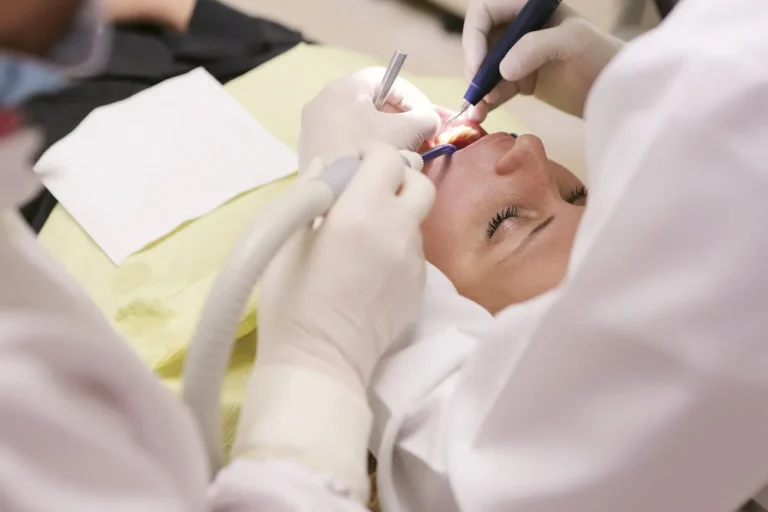
Novartis announced today that the US Food and Drug Administration (FDA) has approved Kisqali® (ribociclib) in combination with an aromatase inhibitor (AI) for the adjuvant treatment of patients with hormone receptor-positive/human epidermal growth factor receptor 2-negative (HR+/HER2-) stage II and III early breast cancer (EBC) at high risk of recurrence, including those with node-negative (N0) disease.
This approval is based on the results of the Phase III NATALEE trial, which demonstrated a significant 25.1% reduction in the risk of disease recurrence (HR=0.749; 95% CI: 0.628, 0.892; P=0.0006) in patients with HR+/HER2- stage II and III EBC who were treated with adjuvant Kisqali combined with endocrine therapy (ET), compared to ET alone. The invasive disease-free survival (iDFS) benefit was consistent across all patient subgroups, including those with high-risk N0 disease.
“The FDA’s approval of Kisqali for this early breast cancer population, including patients with N0 disease, marks a crucial advancement in care,” said Dr. Dennis J. Slamon, Director of Clinical/Translational Research at UCLA Jonsson Comprehensive Cancer Center and lead investigator for the NATALEE trial. “This approval enables us to offer a CDK4/6 inhibitor to a broader group of patients, alongside endocrine therapy, to help further reduce the risk of cancer recurrence.”
For early breast cancer, Kisqali is administered as a once-daily oral dose of 400 mg (two 200 mg tablets), with or without food, for three weeks, followed by one week off treatment, in combination with AI therapy. Patients should continue Kisqali for three years. The NATALEE trial showed that the 400 mg dose was well tolerated, with discontinuations primarily due to asymptomatic laboratory findings. Adverse events of special interest included neutropenia (62.5%, 44.3% for Grades 3/4), liver-related issues (26.4%, 8.6% for Grades 3/4), QT interval prolongation (5.3%, 1.0%), and interstitial lung disease/pneumonitis (1.5%, 0.0%).
Updated results from the NATALEE trial, presented at the European Society for Medical Oncology (ESMO) Congress 2024, further reinforced the benefit of Kisqali, showing a 28.5% reduction in the risk of recurrence (HR=0.715; 95% CI: 0.609–0.840; P<0.0001) beyond the three-year treatment period. Novartis will continue long-term monitoring of overall survival outcomes.
Roughly 90% of breast cancer cases in the US are diagnosed early (stages I-III) and are often treated with curative intent, including adjuvant ET. However, even after treatment, patients with stage II and III HR+/HER2- EBC face the risk of cancer returning, often as incurable metastatic disease. Recurrence remains a lifelong concern, especially within the first few years of diagnosis, even for those with no lymph node involvement. Approximately 10% of individuals with high-risk N0 disease may experience recurrence within three years after diagnosis.
“With this approval, we are expanding treatment options for a larger population at risk of recurrence,” said Victor Bultó, President of Novartis US. “Kisqali’s established success in the metastatic setting is now extending to early-stage patients striving to remain cancer-free.”
Valarie Worthy, Co-Founder and Vice President of Community Outreach and Engagement at Touch, The Black Breast Cancer Alliance, added, “Breast cancer treatment is both physically and mentally challenging, and the risk of recurrence can be a significant concern. The FDA’s approval of Kisqali for a broader group of patients offers a new option to help manage that risk.”
Novartis is committed to supporting patient access through the Novartis Patient Support program, which provides educational resources, assistance with insurance coverage, and potential financial aid for eligible patients.





